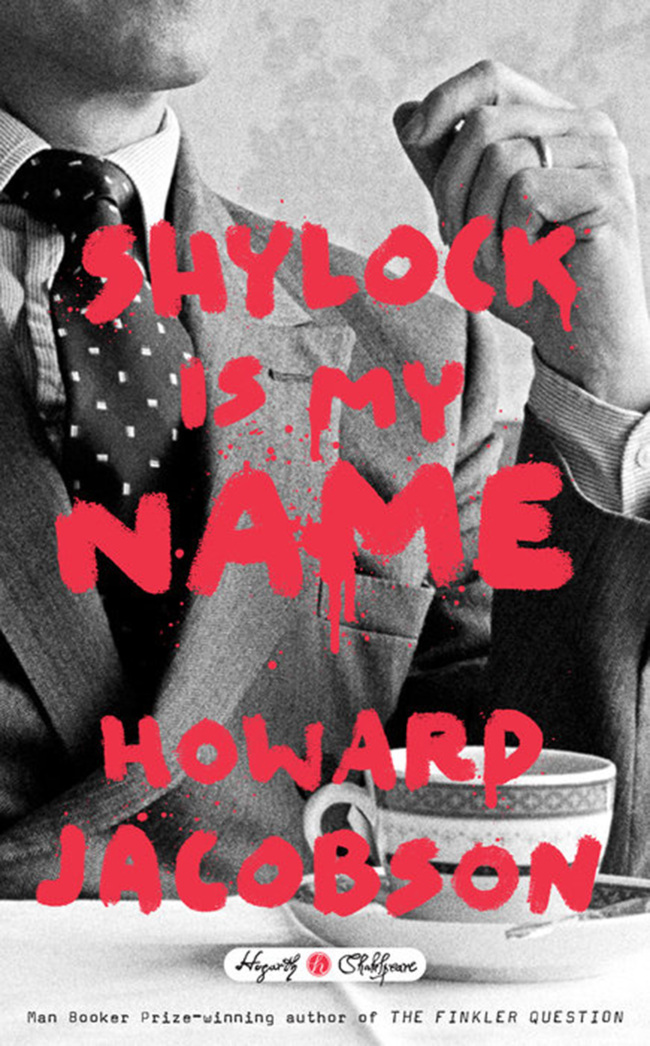In 'Shylock Is My Name,' Jacobson gives notorious character his say
By KH디지털2Published : Feb. 18, 2016 - 11:37
If God hadn’t put a halt to the proceedings, would Abraham have actually sacrificed Isaac? If Portia hadn’t told Shylock that his pound of flesh couldn’t include even one drop of blood, would he have really killed Antonio?
I’ve never thought to ask those questions. But Howard Jacobson does, in his stimulating -- if uneven -- novel “Shylock is My Name,” a retelling of Shakespeare’s “The Merchant of Venice.” It joins Jeanette Winterson’s take on “The Winter’s Tale,” becoming the second published novel in the new Hogarth Shakespeare series, which has enlisted renowned novelists to wrestle with eight Bard plays.
I’ve never thought to ask those questions. But Howard Jacobson does, in his stimulating -- if uneven -- novel “Shylock is My Name,” a retelling of Shakespeare’s “The Merchant of Venice.” It joins Jeanette Winterson’s take on “The Winter’s Tale,” becoming the second published novel in the new Hogarth Shakespeare series, which has enlisted renowned novelists to wrestle with eight Bard plays.

A Man Booker Prize winner whose first book was about Shakespearean heroes and whose long career represents a sustained engagement with questions of Jewish identity, Jacobson is ideally suited to take on “Merchant,” a play that Harold Bloom has described -- wrongly, in my view -- as “a profoundly anti-Semitic work.”
As is invariably the case with our greatest writer, there’s more to “Merchant” -- and to Shylock -- than one might initially think, as we see here through the ingenious way in which he appears in Jacobson’s story -- as a ghostly presence haunting the life of Simon Strulovitch, a wealthy Jewish philanthropist and art collector living in contemporary Manchester, England.
Strulovitch has a “passion for Shakespeare,” which explains how readily conversations with Shylock become part of his daily life. Described at one point as Strulovitch’s “conscience,” this 400-year-old Venetian Jew and his latter-day British companion have a lot in common. (TNS)










![[Hello India] Hyundai Motor vows to boost 'clean mobility' in India](http://res.heraldm.com/phpwas/restmb_idxmake.php?idx=644&simg=/content/image/2024/04/25/20240425050672_0.jpg&u=)







